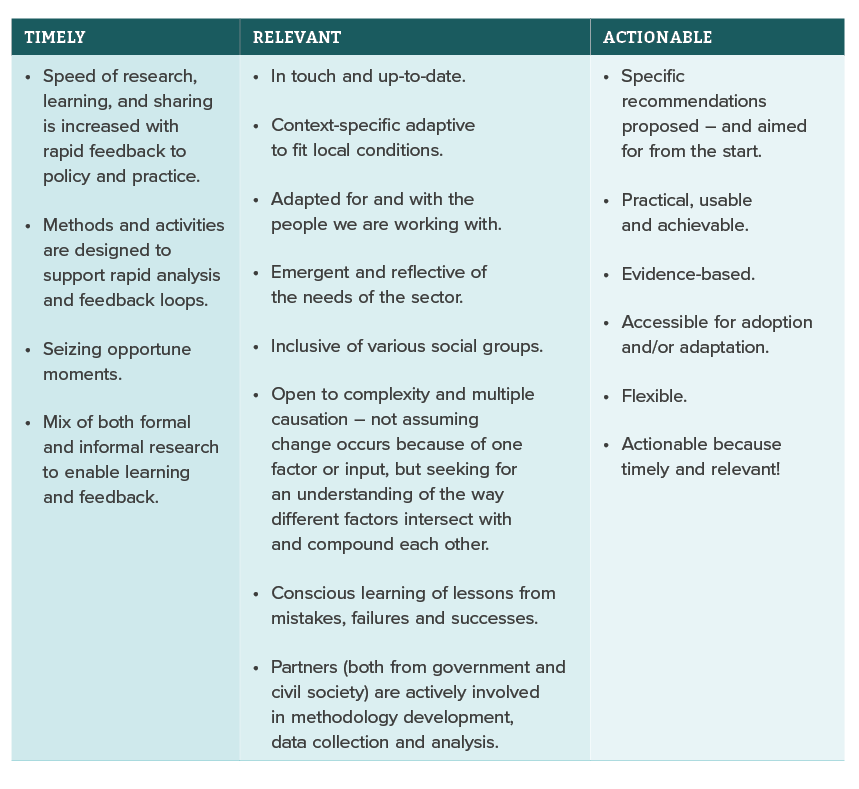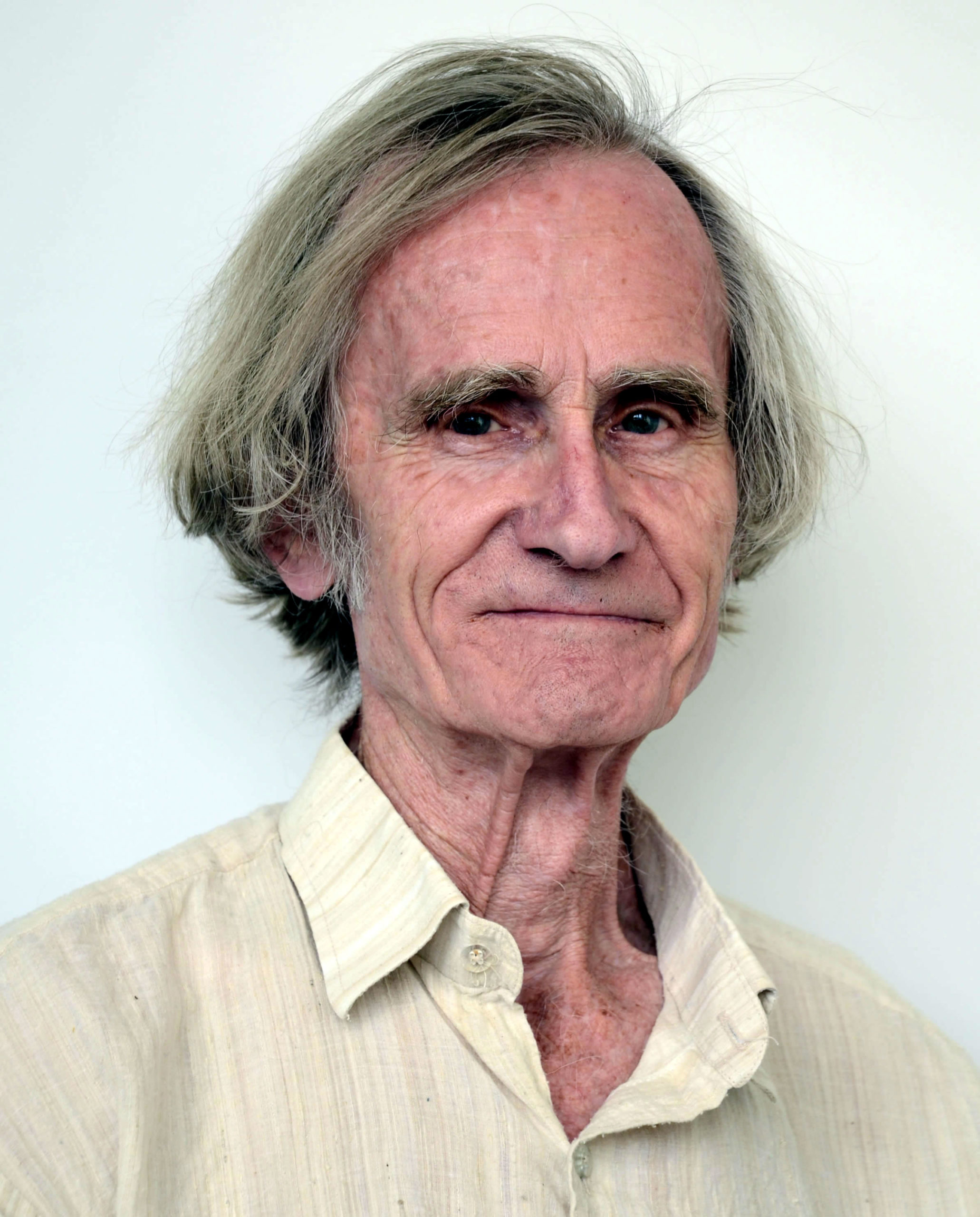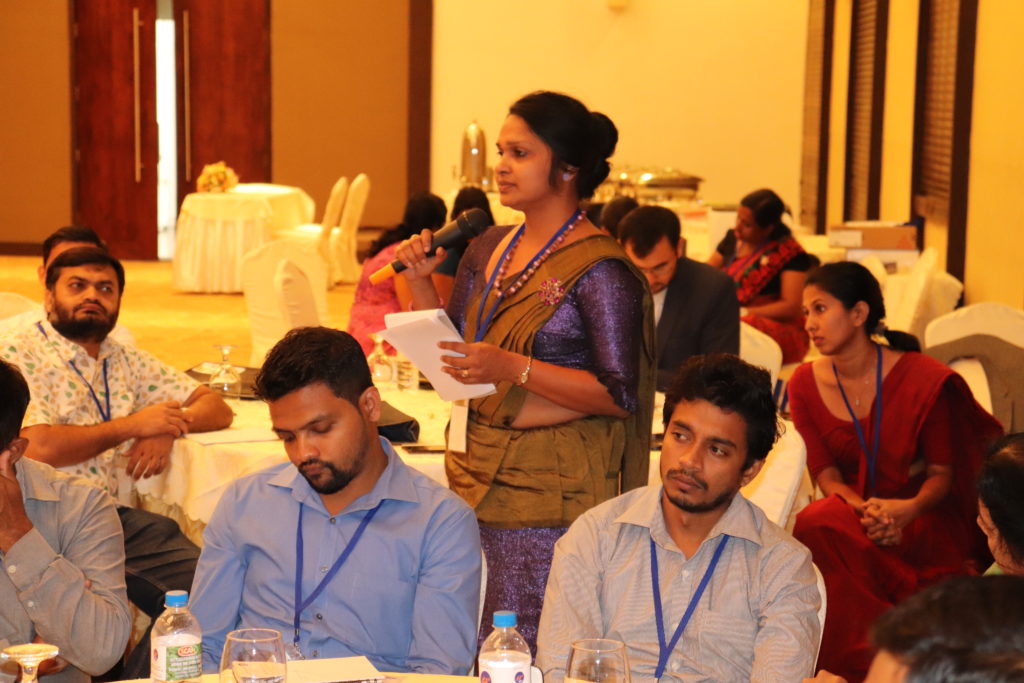A-ha! A moment etched in my memory: 20 or so researchers were gathered in a room in Delhi. All were engaged in field research projects relevant to sanitation, health and the Swachh Bharat (Clean India) Mission- Gramin. The SBMG campaign was huge and thought to be the largest behaviour change programme ever in the world. It had the high-profile target of an open defecation free rural India in about two years from the time of this meeting. The Secretary responsible for leading and driving the programme came briefly to see what he could learn. The field researchers explained that it was too early to be able to say anything definite but in a year or two they would have something for him….the Secretary’s response was stark and emphatic, ‘I don’t want to know in a year or two. I need to know now!’
In parallel and in contrast with the more conventional research reported in this Delhi meeting, the Sanitation Learning Hub at IDS, with our partners WSSCC, WaterAid India, Praxis, Delhi University and others, were working on what we called RAL (Rapid Action Learning). This was stimulating fun. We borrowed, improvised and invented approaches which we characterised as timely, relevant and actionable. These included: immersive research; ad hoc rapid topic research in 20 days; horizontal learning RAL workshops with the discipline of a report out in 48 hours; and debiasing rural visits, offsetting and avoiding all the usual biases.
For the RAL workshops, 50-100 government officers participated each time and we facilitated them to share with each other what had worked, what had not worked, and their innovations and good practices. As facilitators of a process of innumerable interactions, we did not know much of what participants learnt from one another, but did receive feedback that they found the workshops enjoyable and useful.
These several approaches gave insights which were in touch and up-to-date but not ‘rigorous’ in a conventional academic sense. However, the realities that we fed back to Government were not always welcome. Knowing now could be less than palatable! But that is another story.
These approaches seek a new sort of rigour by being timely, relevant and actionable.

Timely, relevant and actionable have stuck as criteria for practical cost-effectiveness when change is very rapid. Do they have wider application? Well, yes, think of COVID – 19 with its desperately urgent need, with thousands of lives at stake, to learn laterally from experiences in other countries. Here in the UK, we have a technical committee called SAGE, and the Government claims to rely on its advice.
Again and again political leaders say they are ‘following the science’, and use the mantra ‘the science says….’ But in fact, most of the time the science does not know. It is on a very steep learning curve. It is credible when it stresses the importance of acting early, fast and decisively. But what for instance does has the science had to say about practical details of good practices, trade-offs and combinations concerning:
- Closing national or regional borders
- Obtaining, holding and prioritising who receives PPE, testing kits and tests
- Masks or no masks, or masks for and by whom in what situations
- Test and trace – how to test and traced quickly at scale, with what apps and effects
- Lockdown, no lockdown, or what sort of lockdown, for how long, in what places or situations
- Meeting or not meeting, indoors, outdoors, in bubbles or not
- Measuring and reporting infections and deaths
- Transmission from people who are infected without symptoms
- When to close and open schools
- The importance of public trust in leadership
And you can add to this list….
The combination of urgency and ignorance has led in the UK to bewildering changes of policy and advice and loss of public confidence. Some of these have been necessary and inevitable. Rapid learning and adptive changes in policy have been matters of life and death. Delays of a few days in taking COVID seriously in the UK are said to have cost thousands of infections and of deaths.
Then there is learning from what does not work. This is often swept under the carpet but is basic for rapid learning. There was promise many weeks ago that the UK would have a ‘world-beating’ test and trace system by the end of the week. Many weeks later it is still struggling. What can we learn from that? Meanwhile RAL has been taking place ad hoc and informally within and between countries with widely different policies, practices and experiences, underlining the fertile conditions for learning, for being timely relevant and actionable.
Which leads to another ‘a-ha!’, the meta question of how we should, as a world community, set ourselves up in pandemics and other global crises to learn from each other, to keep in touch and up-to-date. How for instance has the SAGE committee found out and assessed the policies, practices and experience of other countries? Just think of the contrasts between China, South Korea, Taiwan, Japan, India, Iran, Yemen, Germany, Spain, Brazil, Peru, Mexico, USA and the UK, to mention but a few, and different regions and conditions within these and other countries.
The SAGE committee has been pitchforked into RAL. Have they had the dedicated resources needed for RAL within and especially between countries? What can we learn from their successes and failures? Do those with training in medical research and its canons of rigour have a professional learning barrier to overcome? Do we need to examine the COVID experience and how learning has or has not taken place, to see how we can know faster and better in future? And the fascinating and sensitive question of how countries manage interactions between political leaders and professional expertise.
Do we need international studies of how lateral learning has taken place, and how it might be improved and prepared for in future? Have such studies already started, within and across countries? Should more be initiated? What can they learn from each other? There is a treasure trove of RAL experiences now in many parts of the world to draw on for practical insights for better RAL in future global crises. This learning should be a positive outcome of the COVID tragedy. And we need to know now.
Find out more about our work on Rapid Action Learning
Download our new Frontiers of Sanitation edition on Rapid Action Learning
Watch our discussions and reflections on Rapid Action Learning with colleagues and partners, below.










